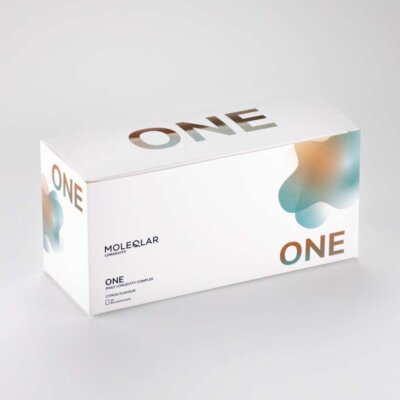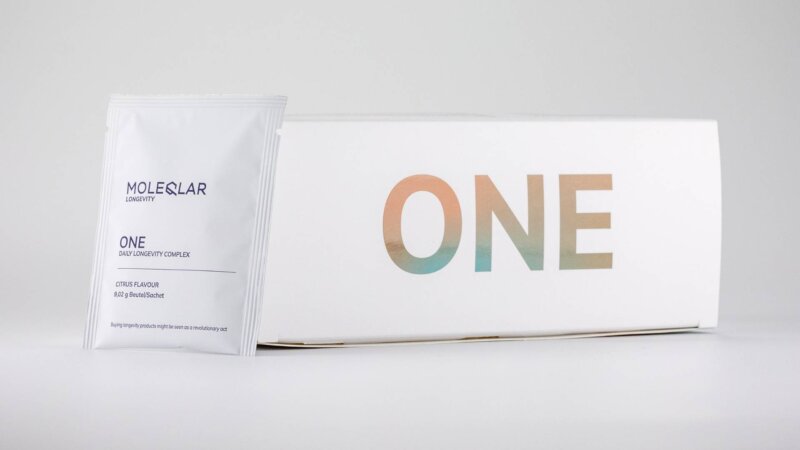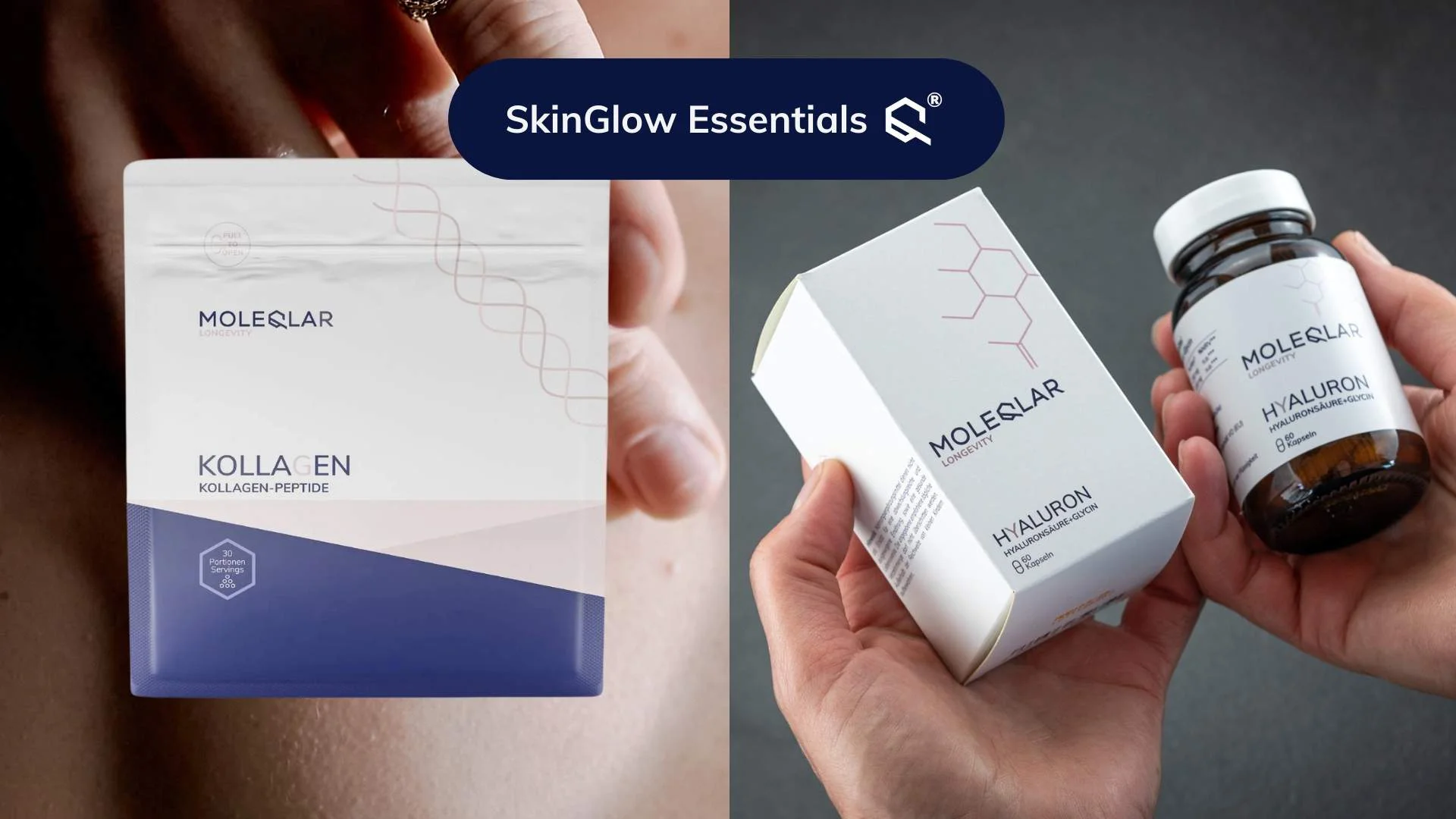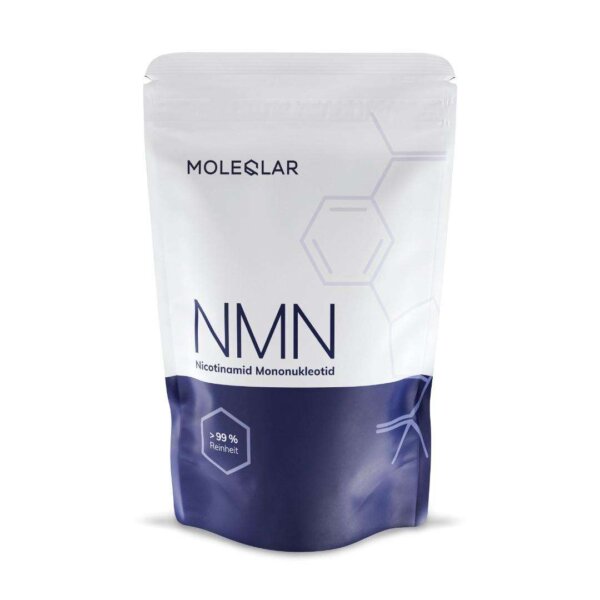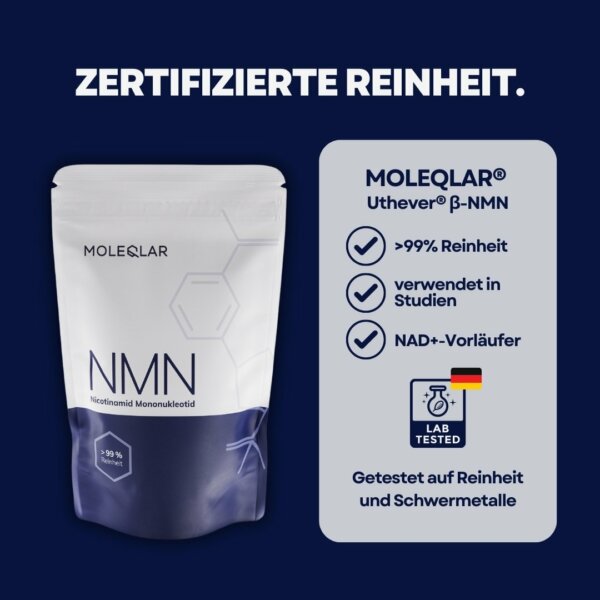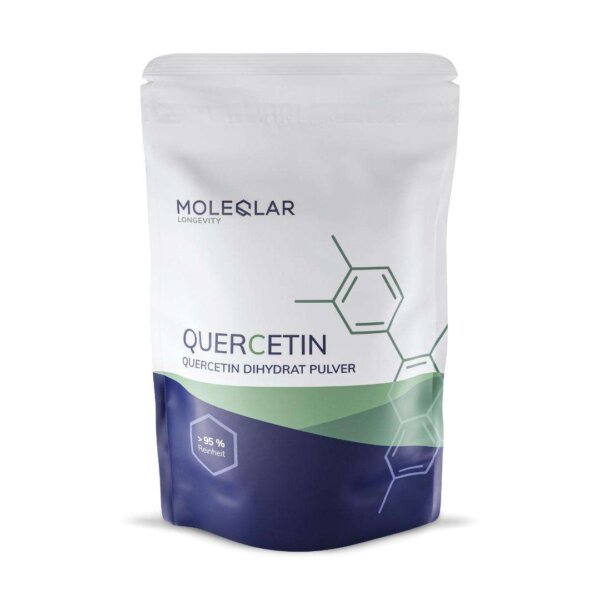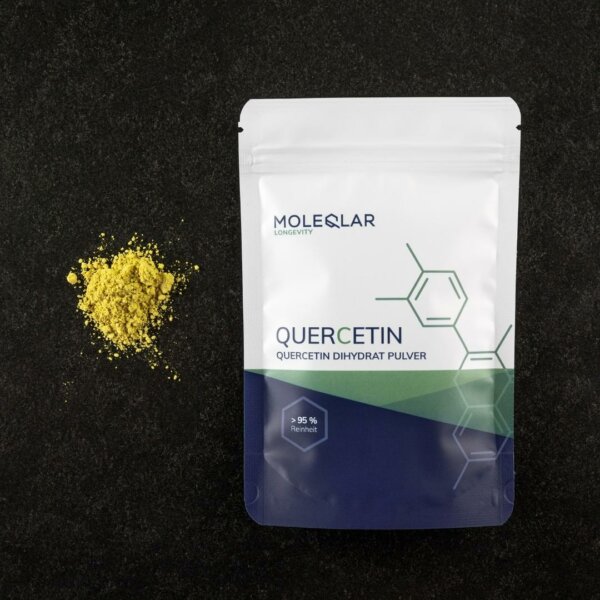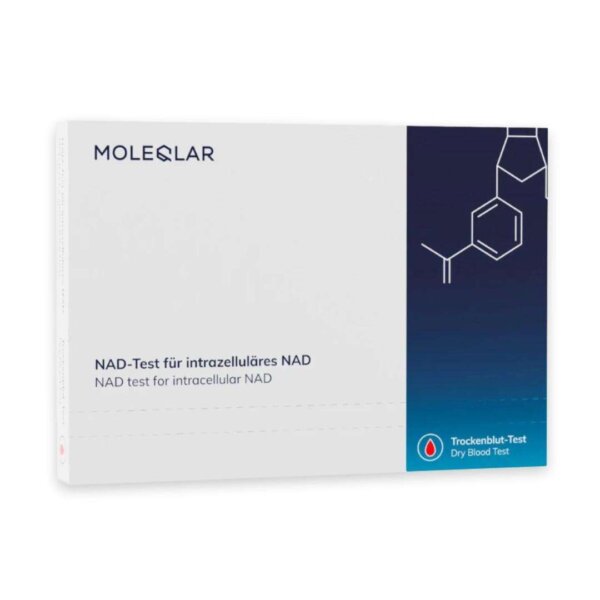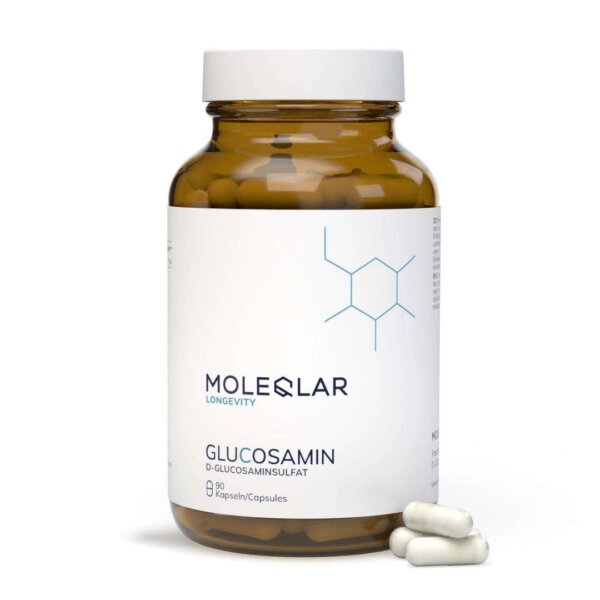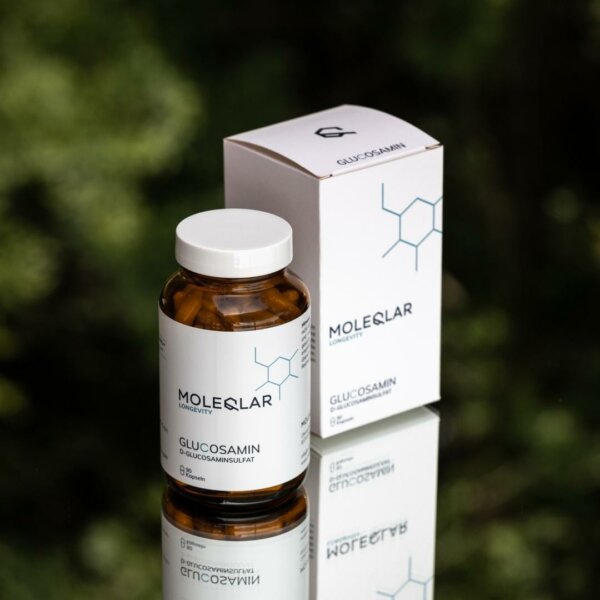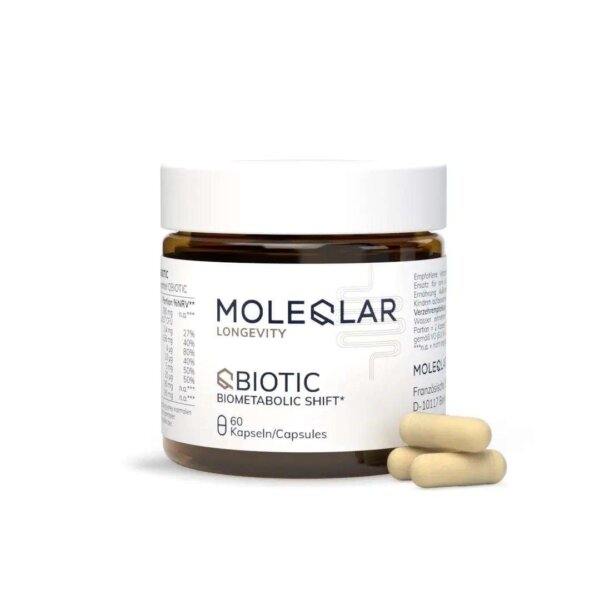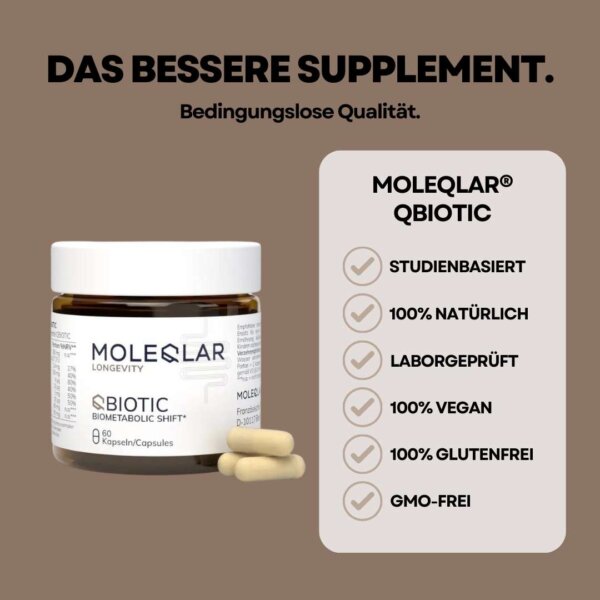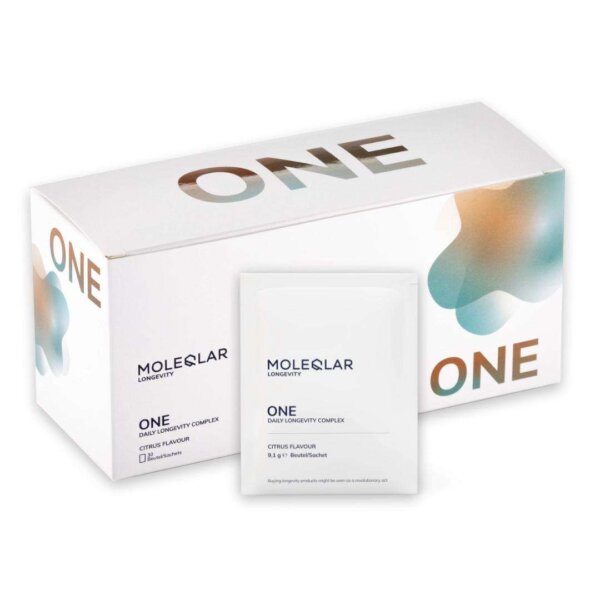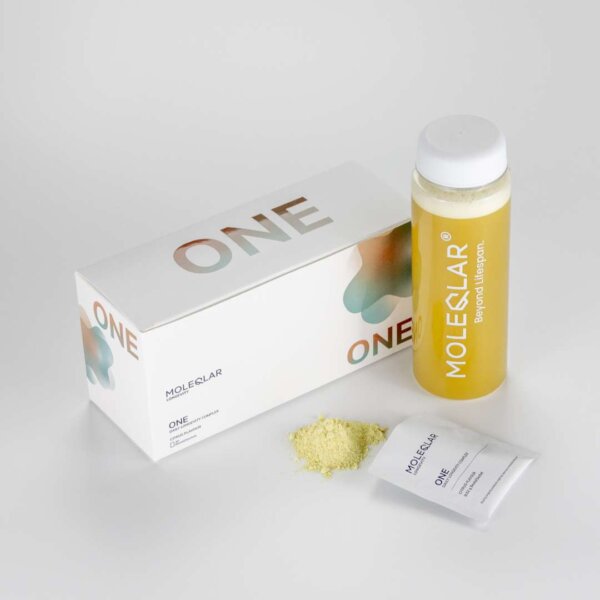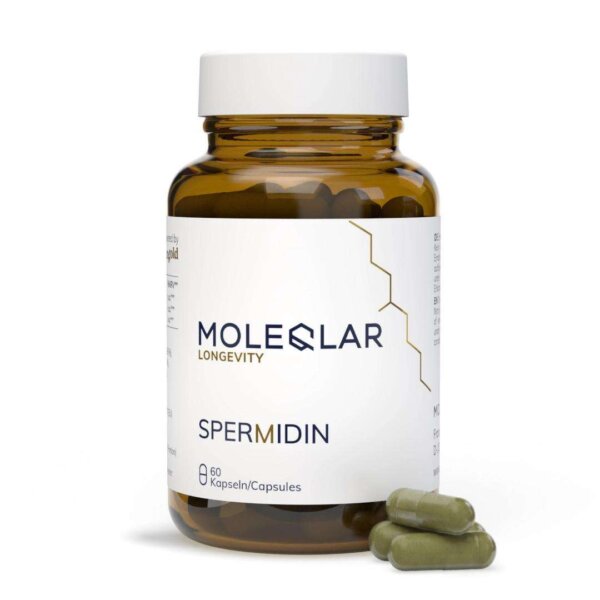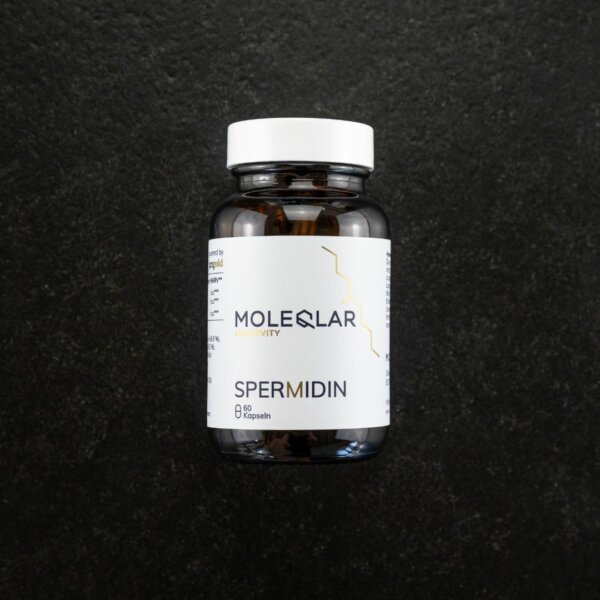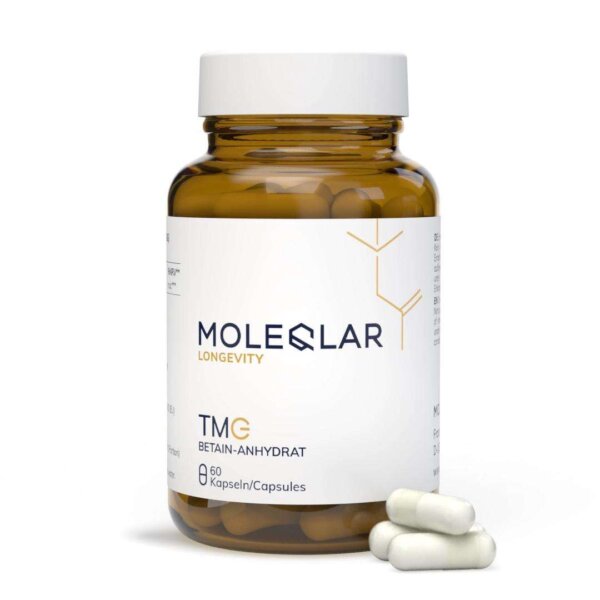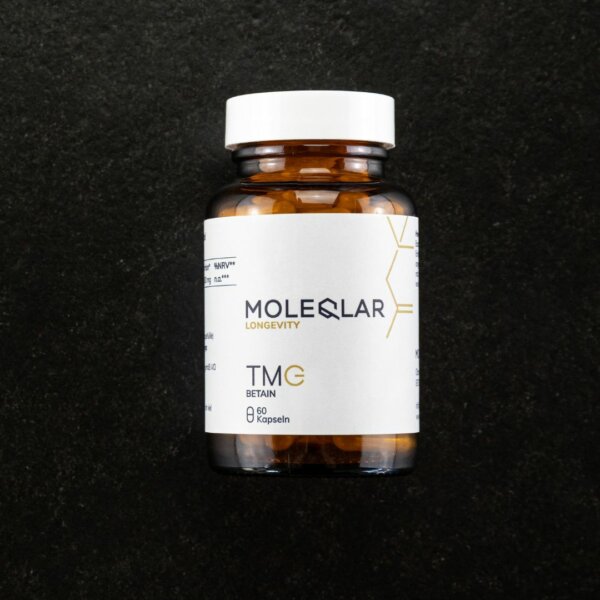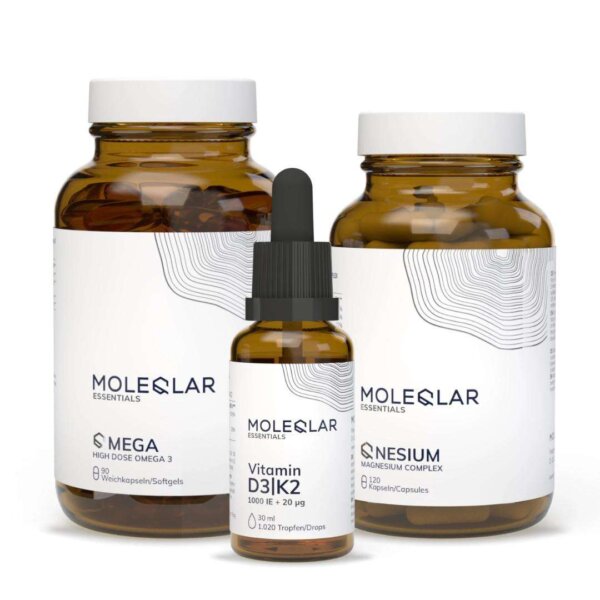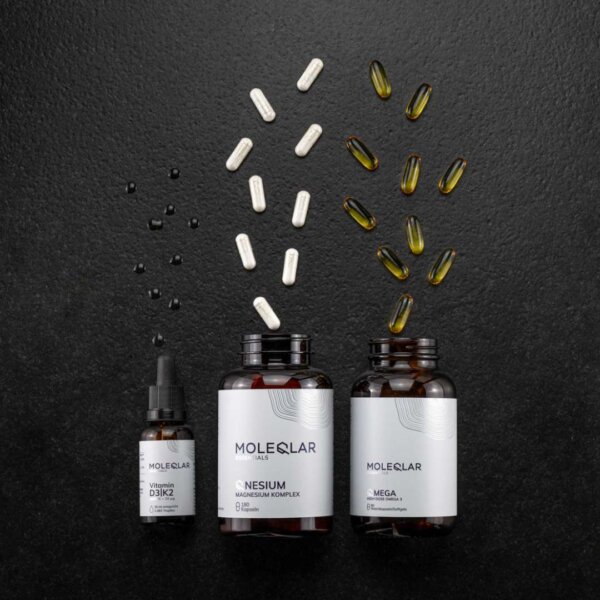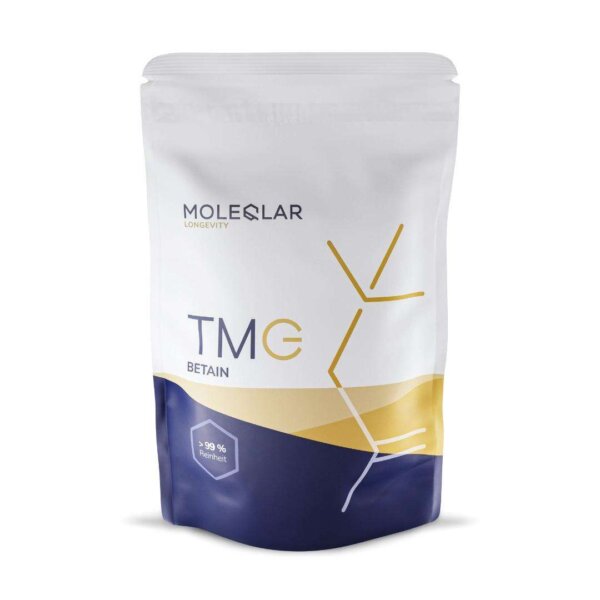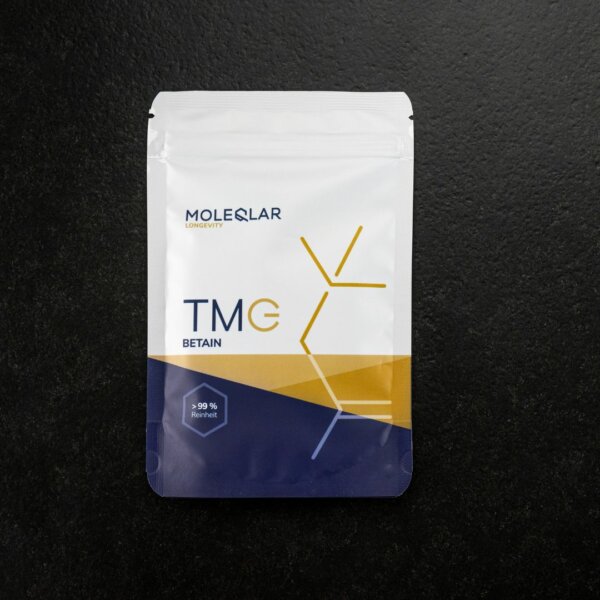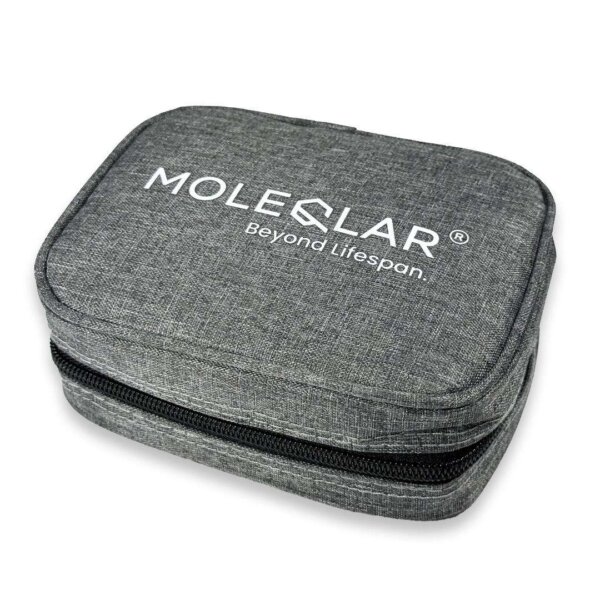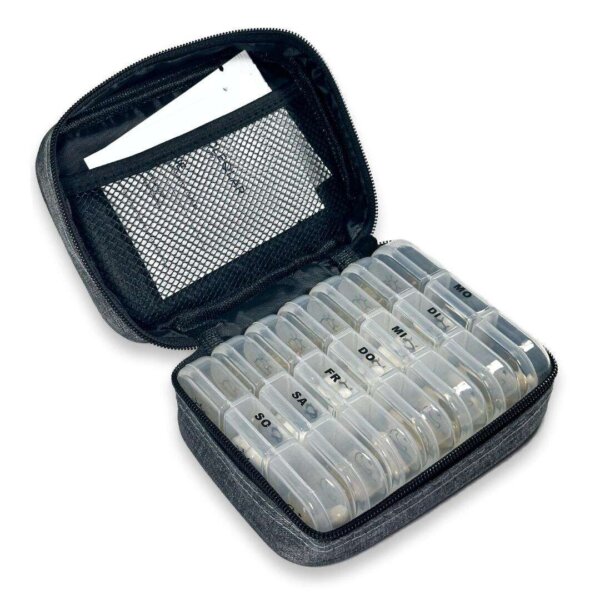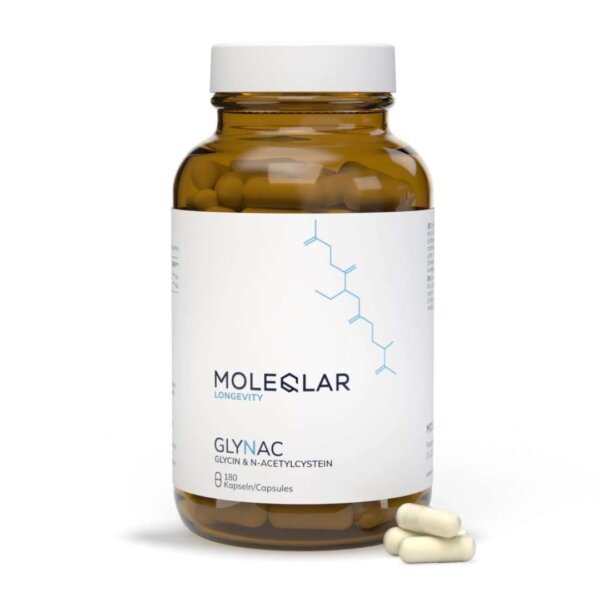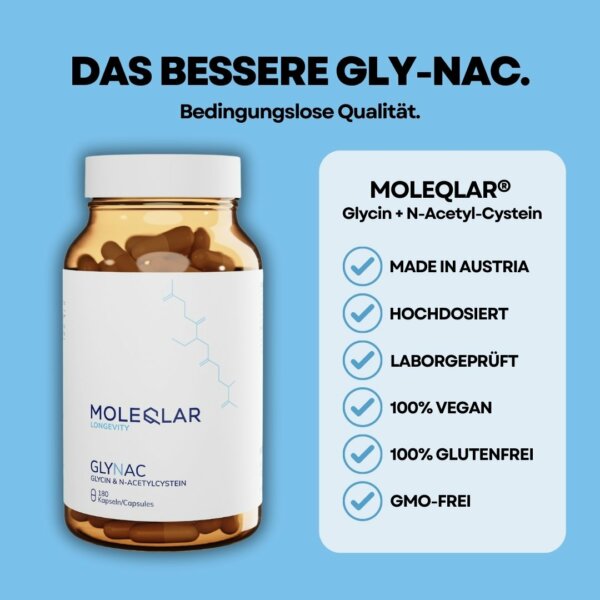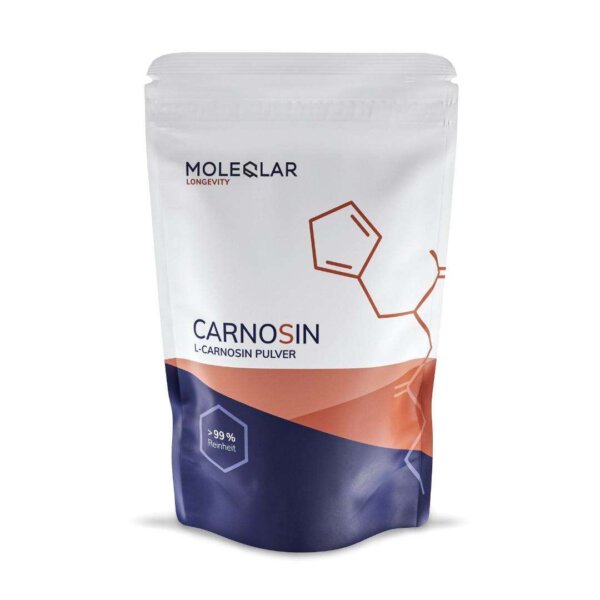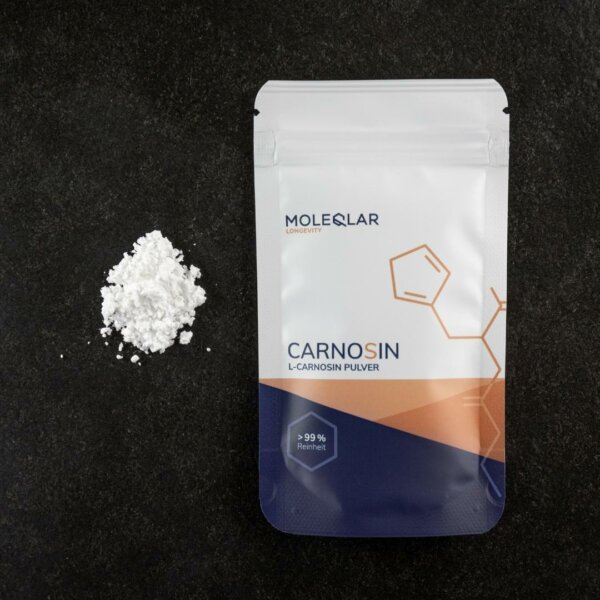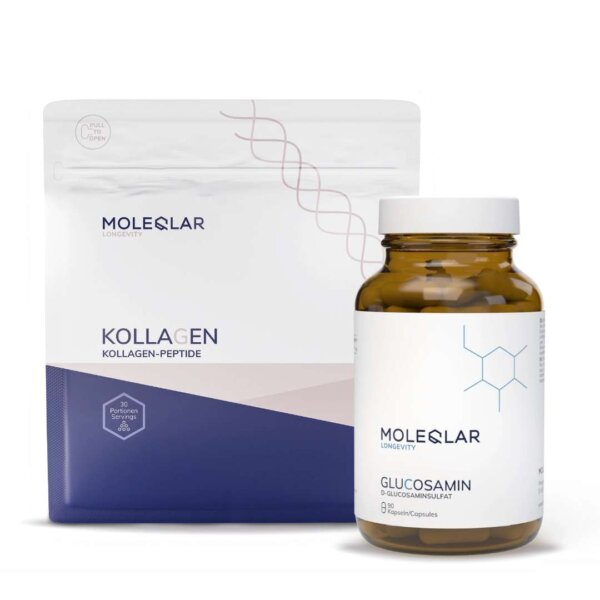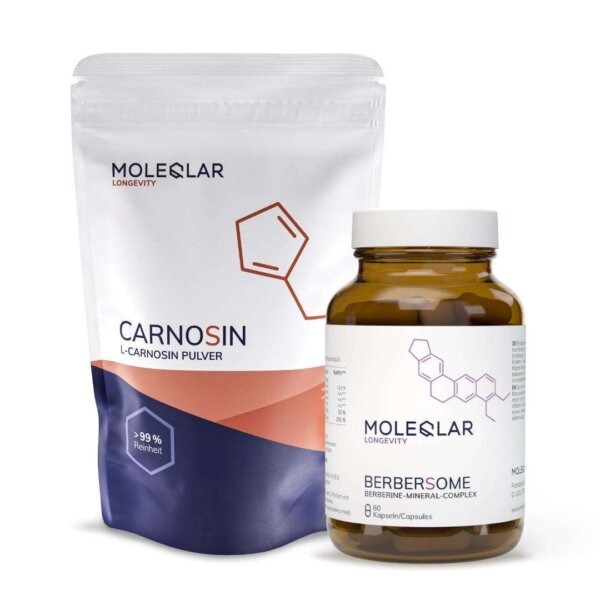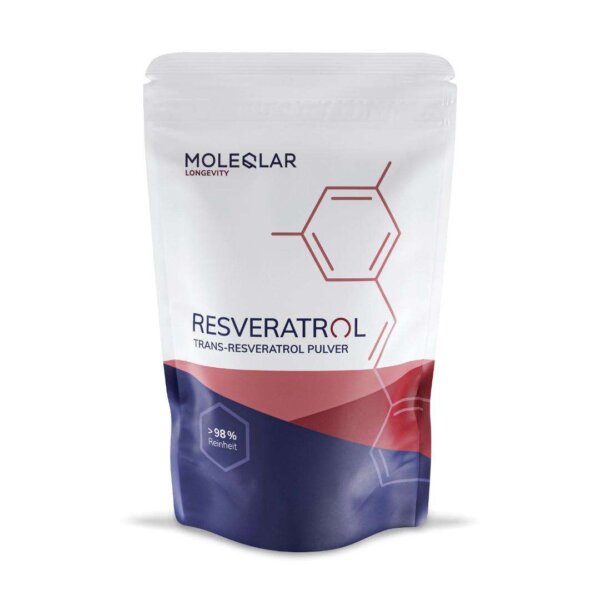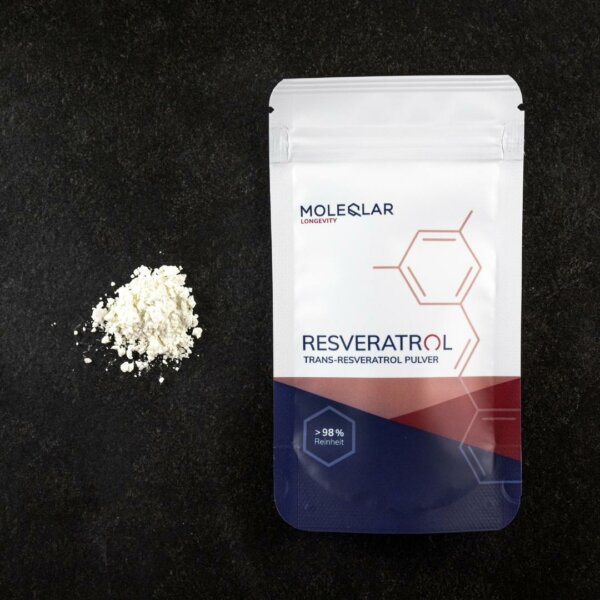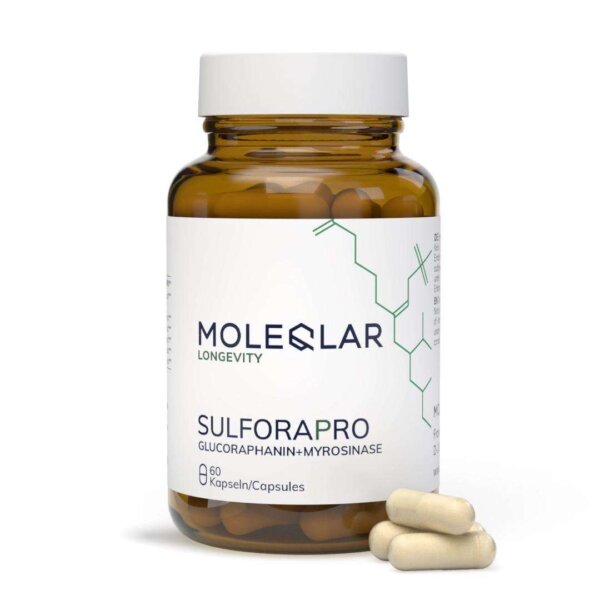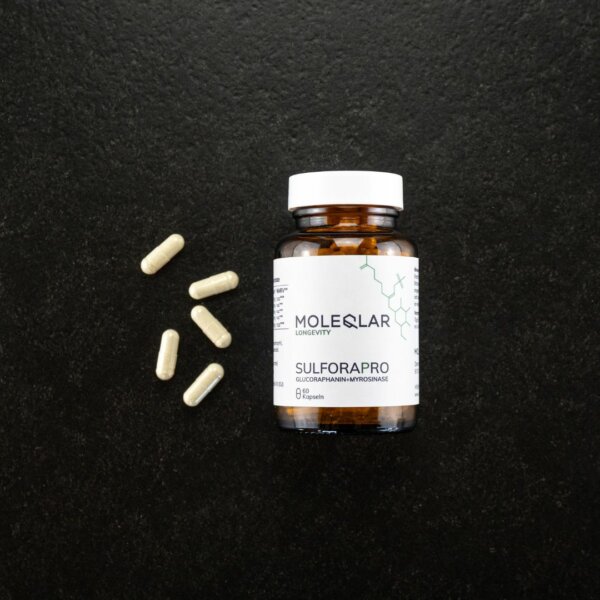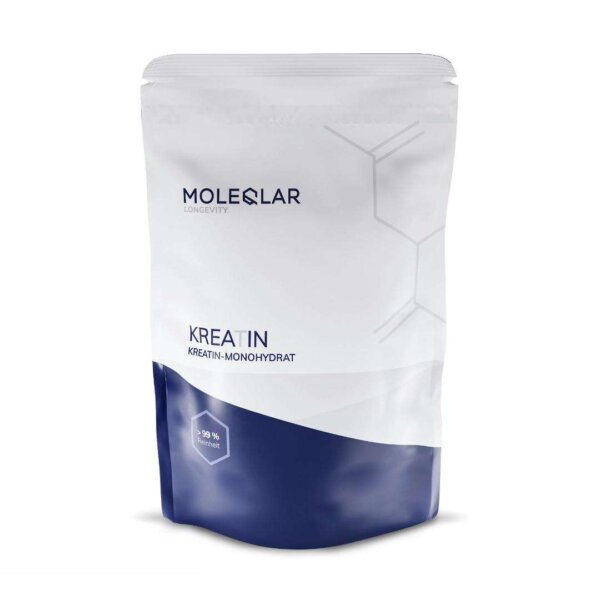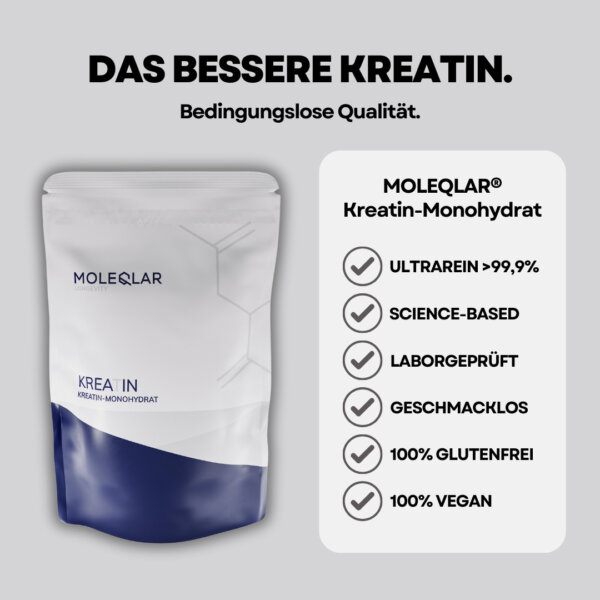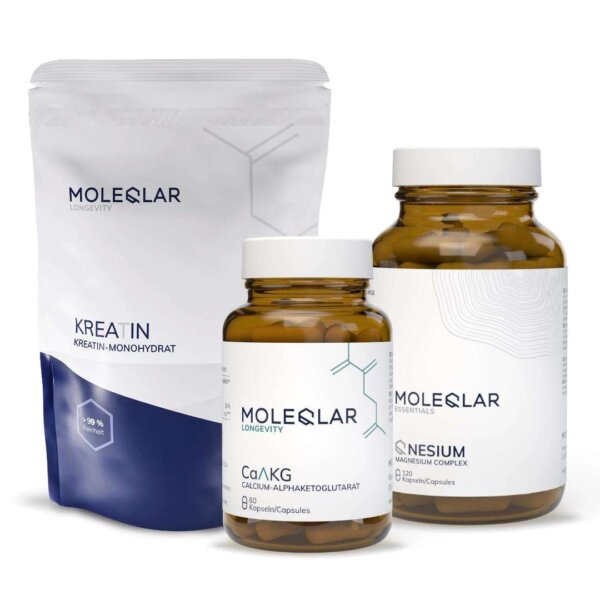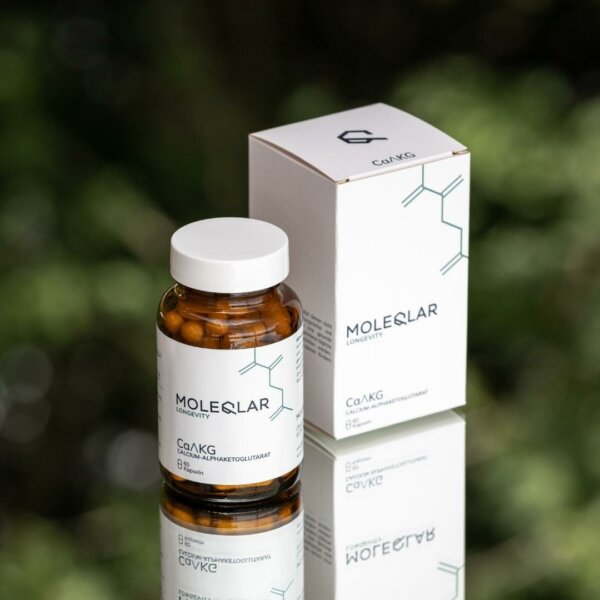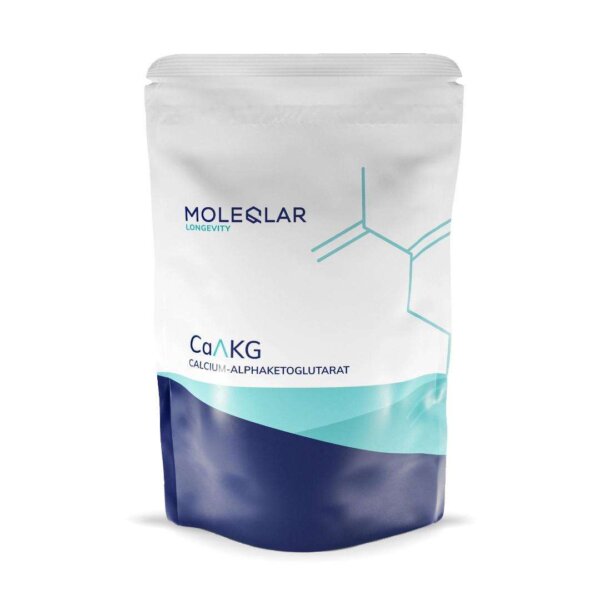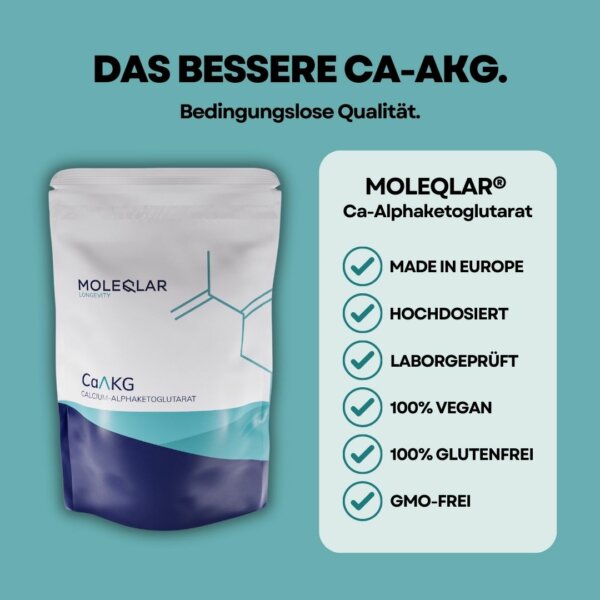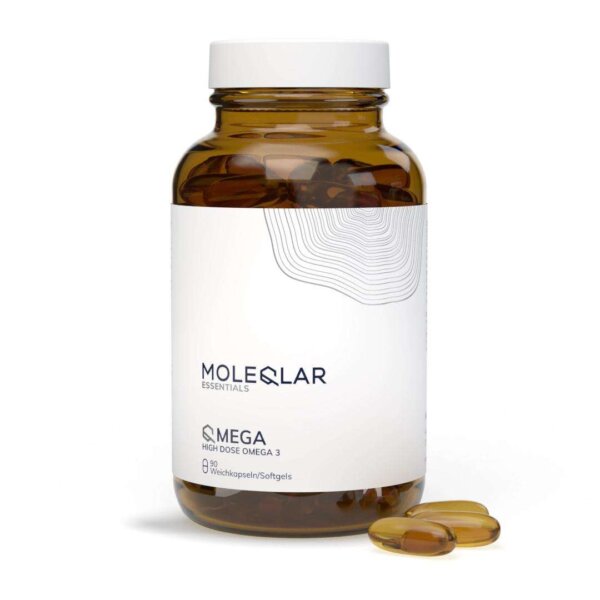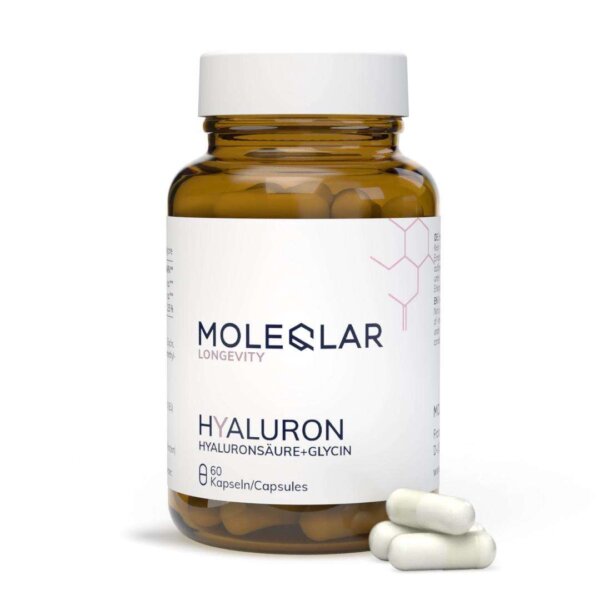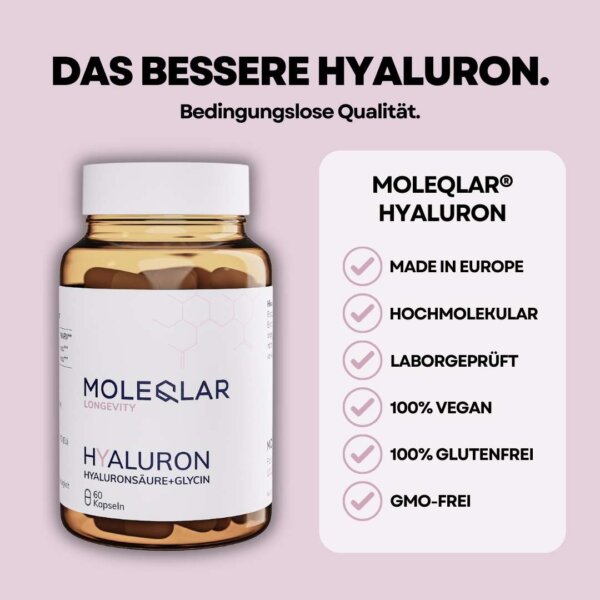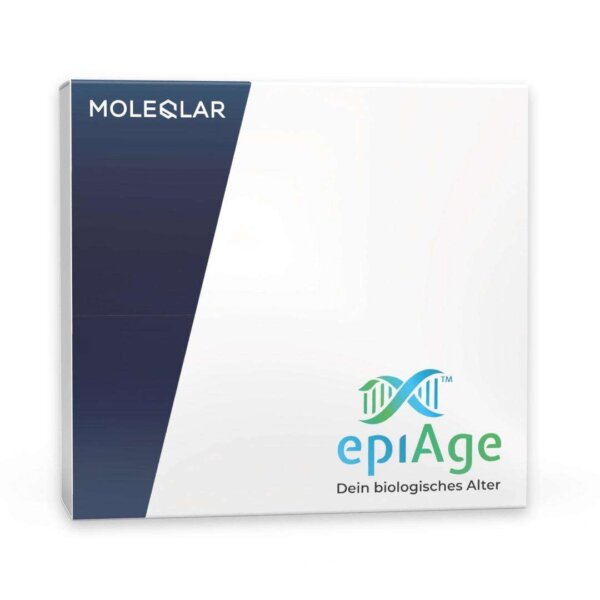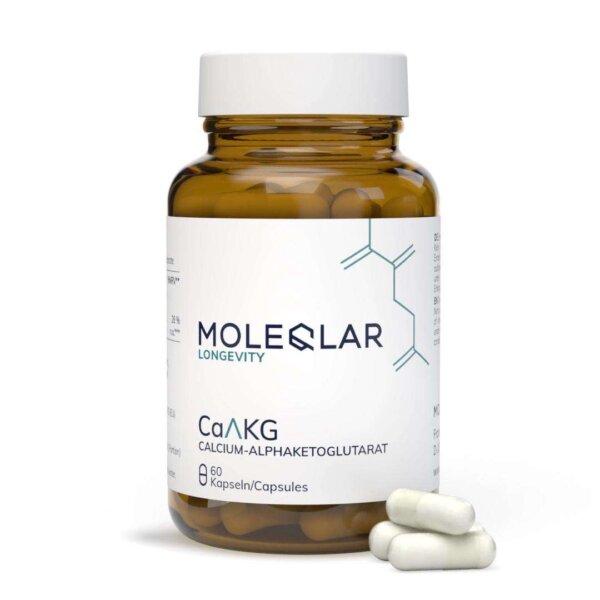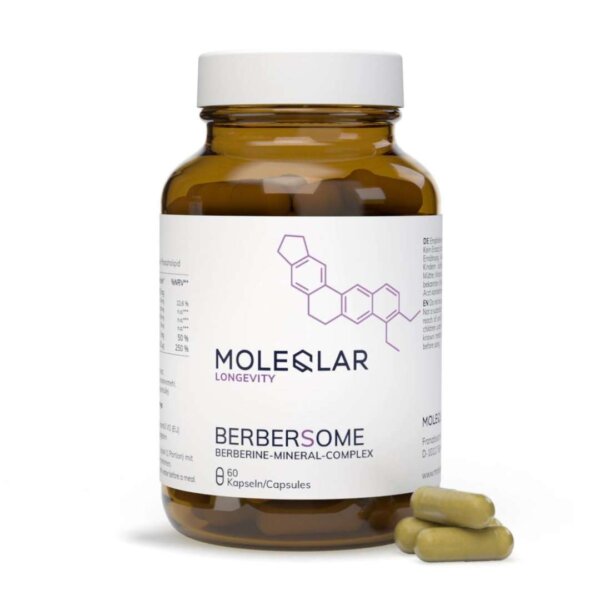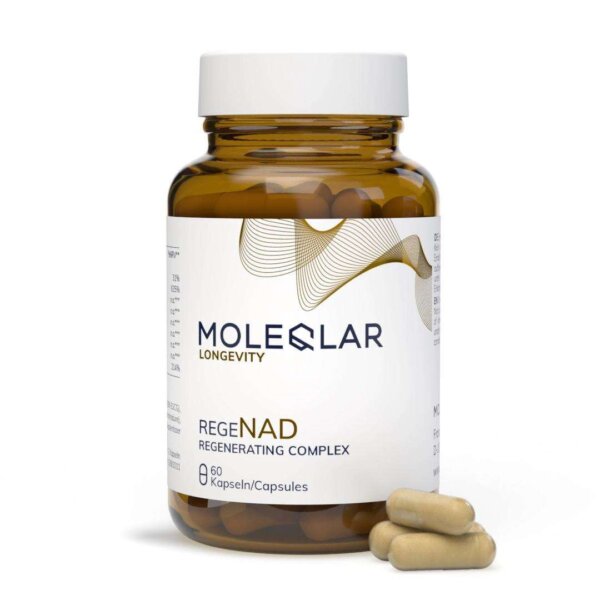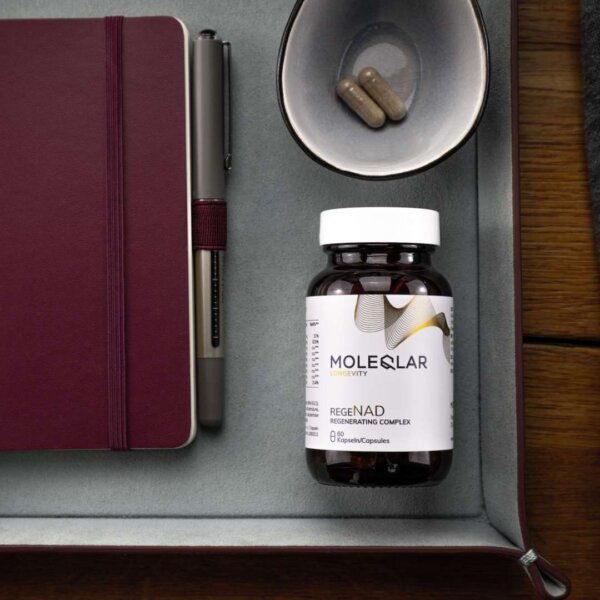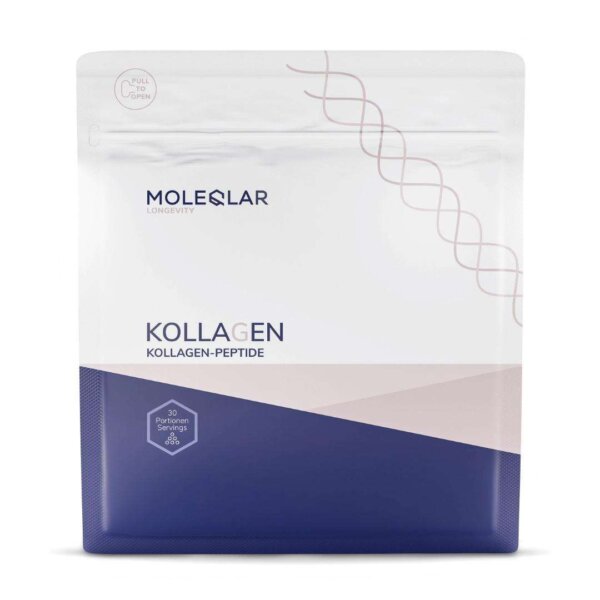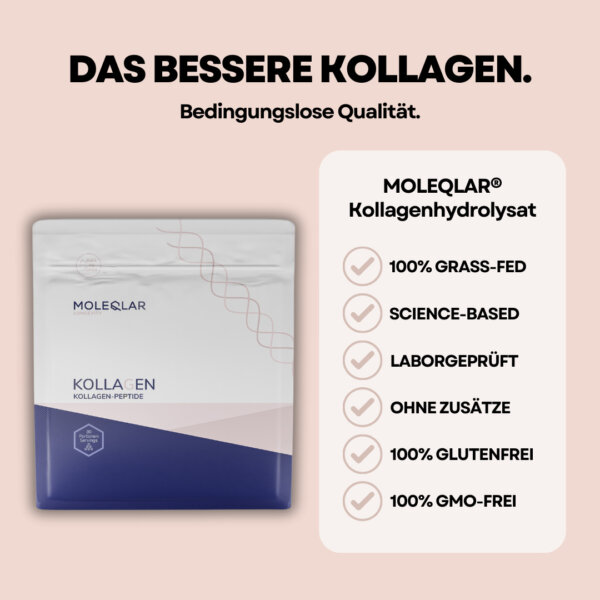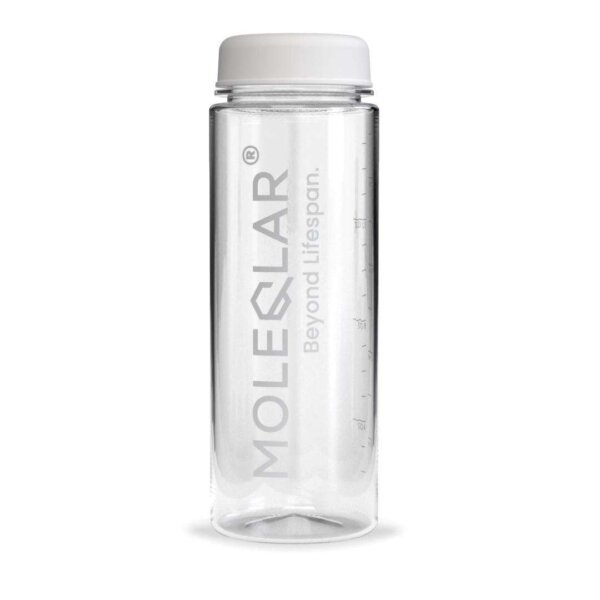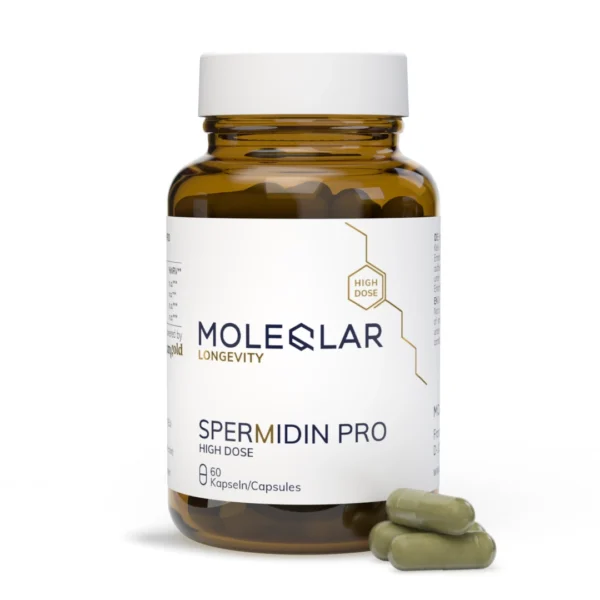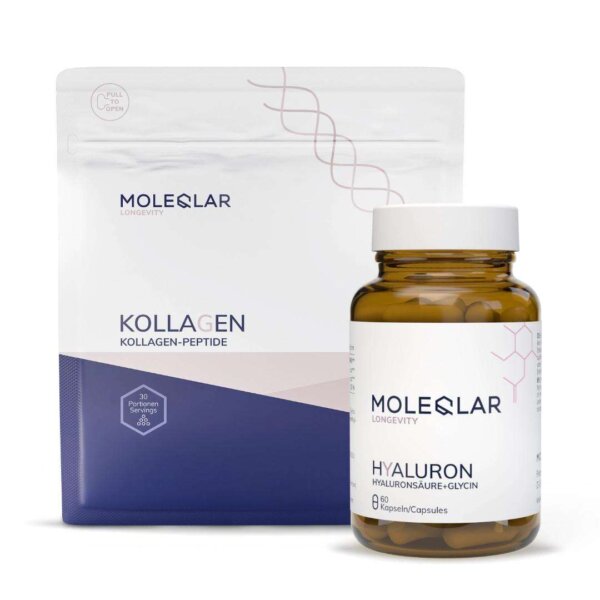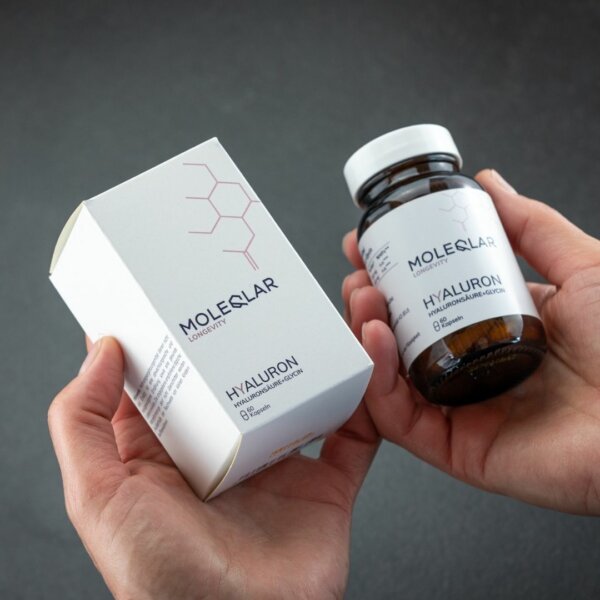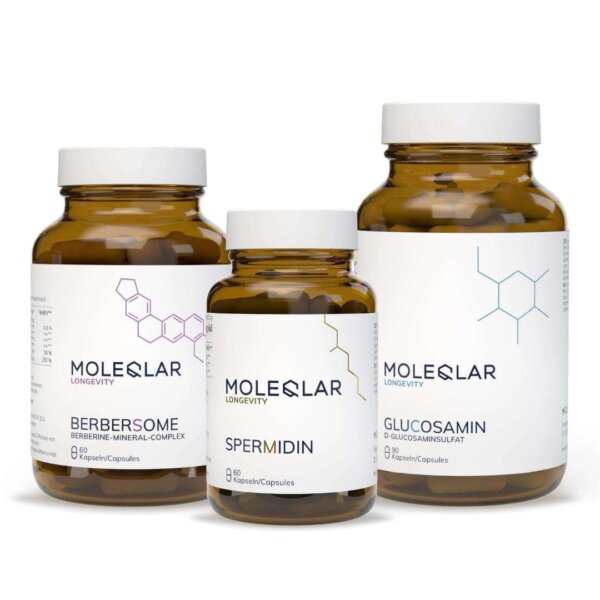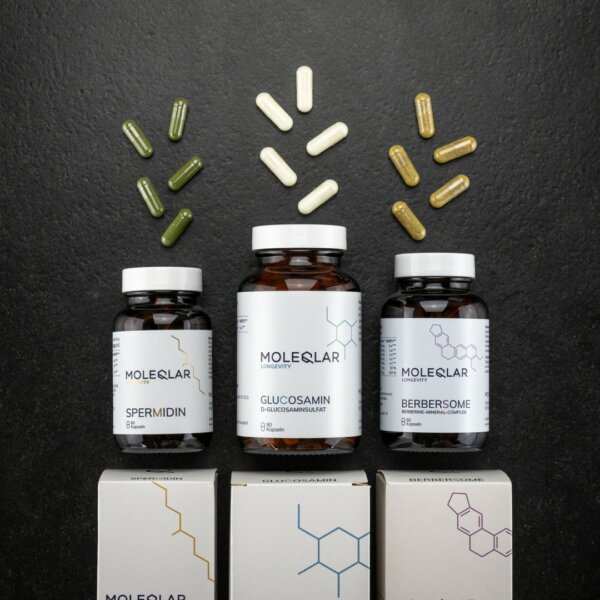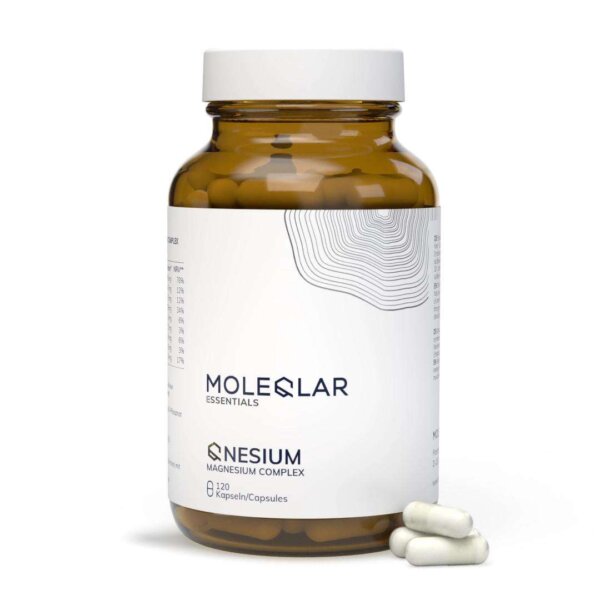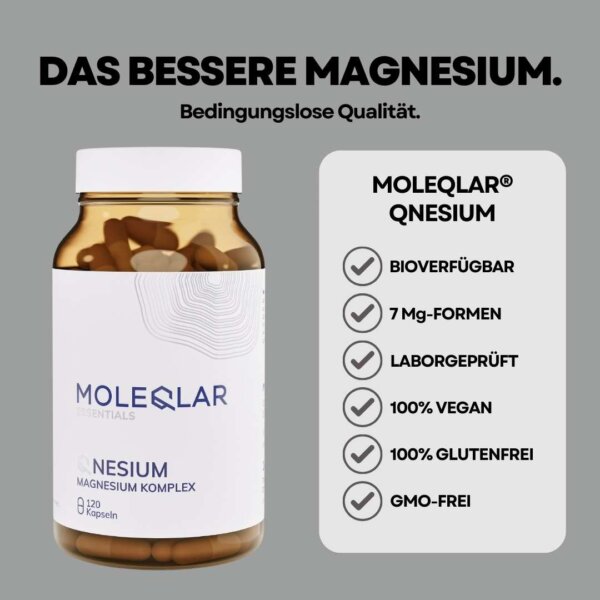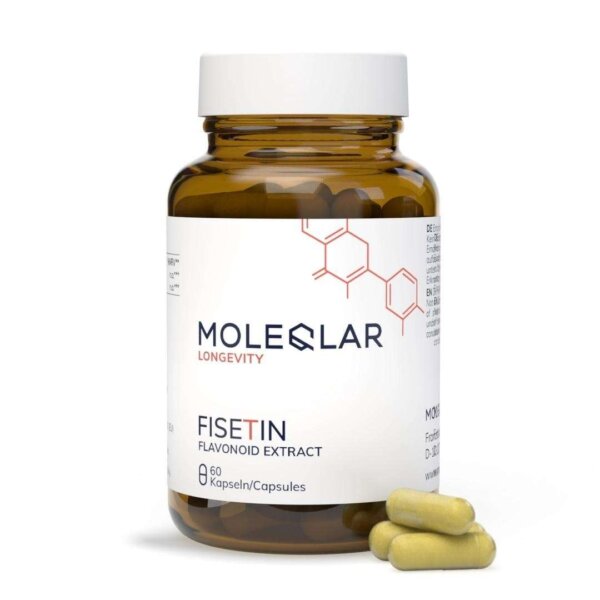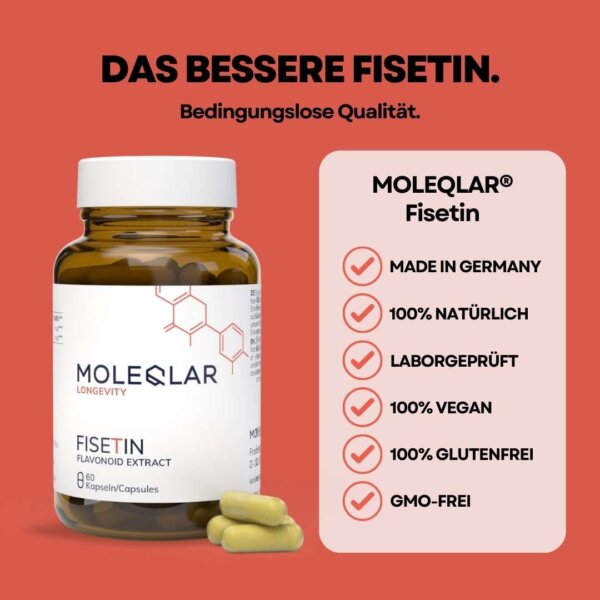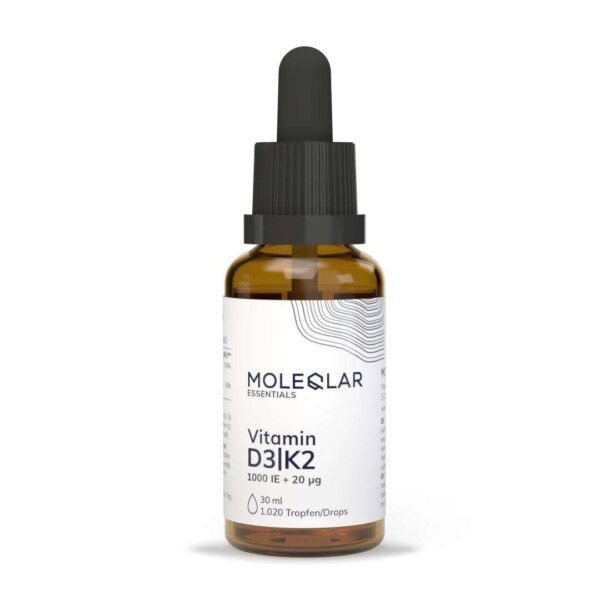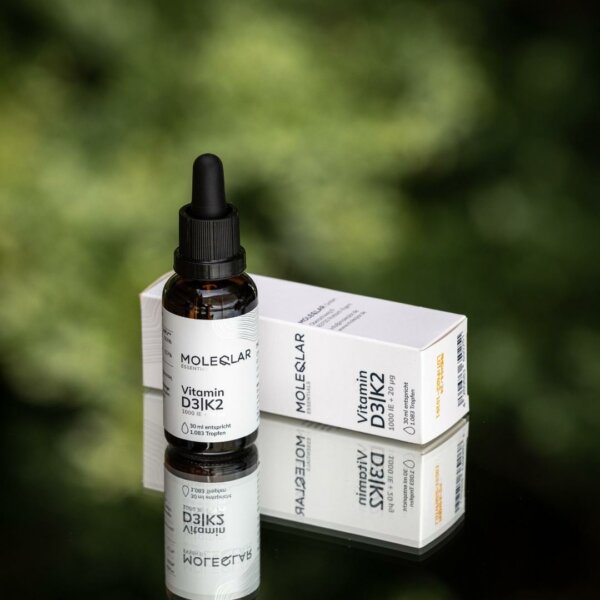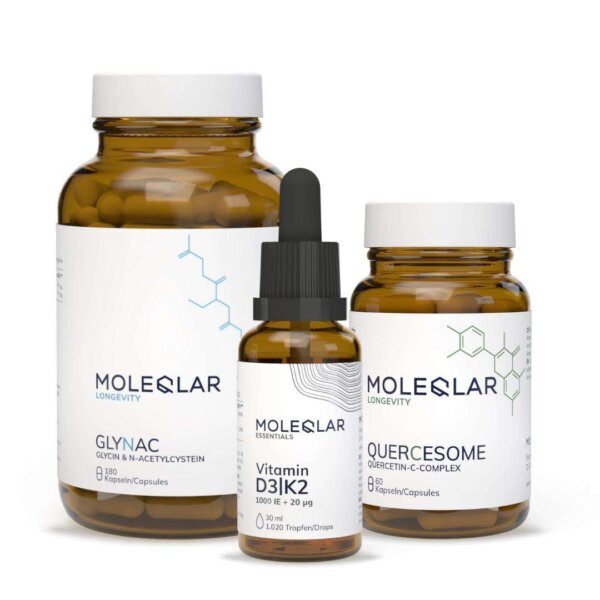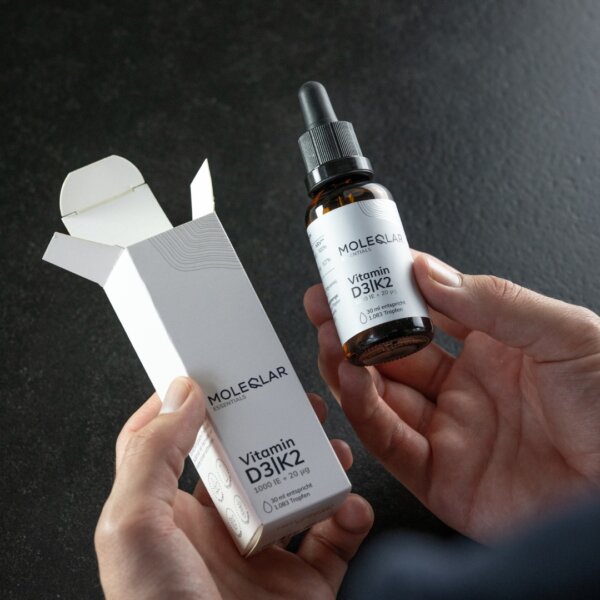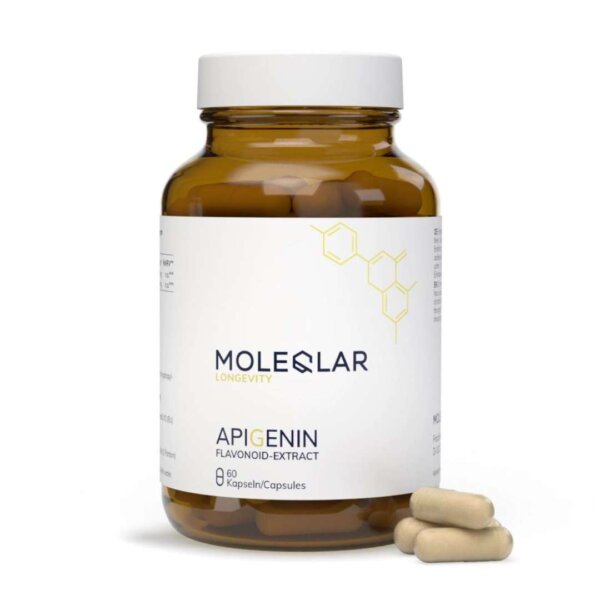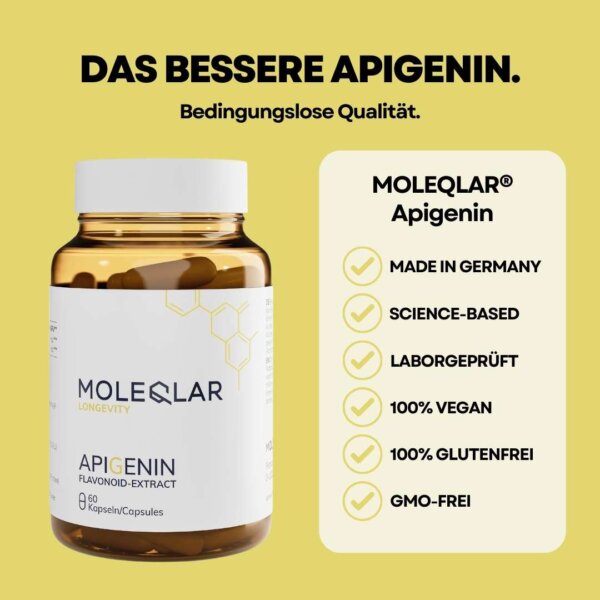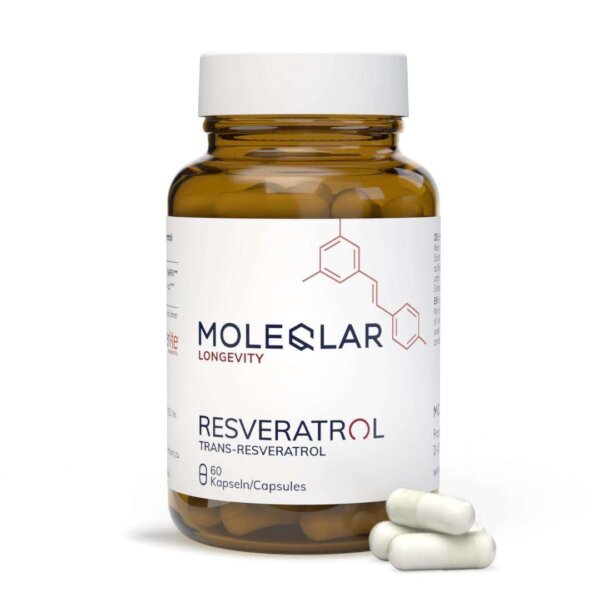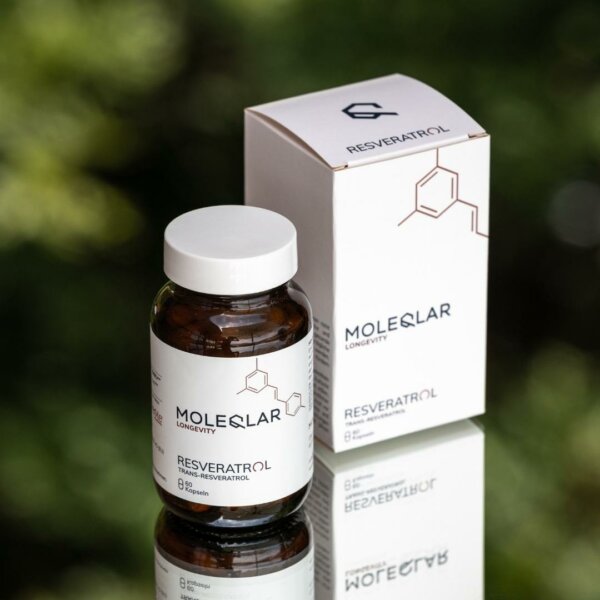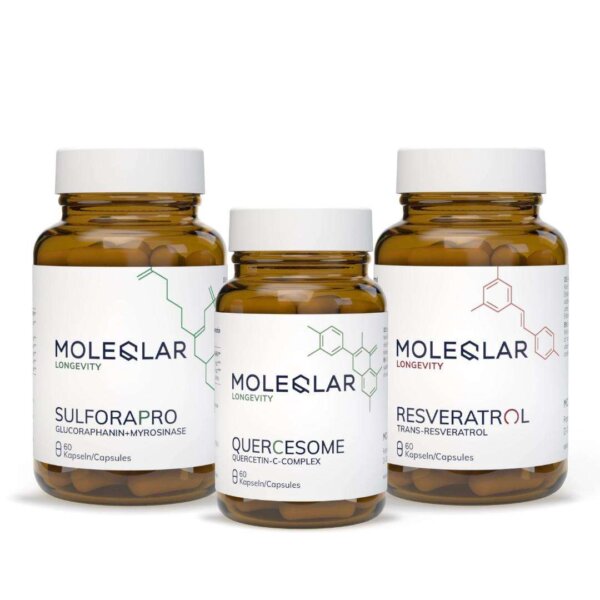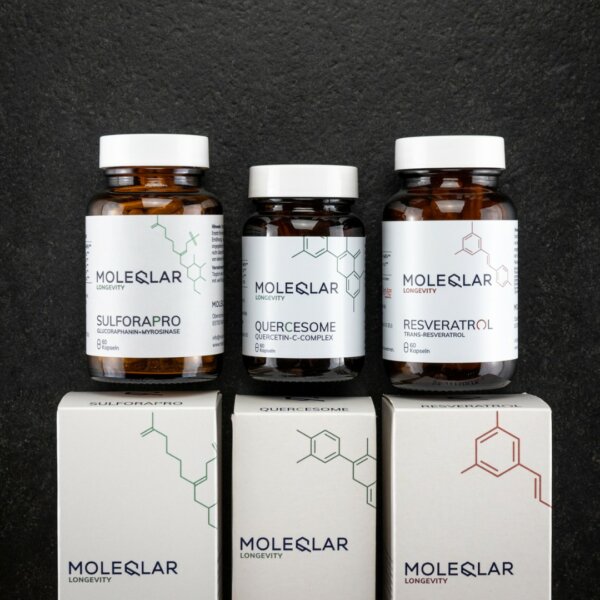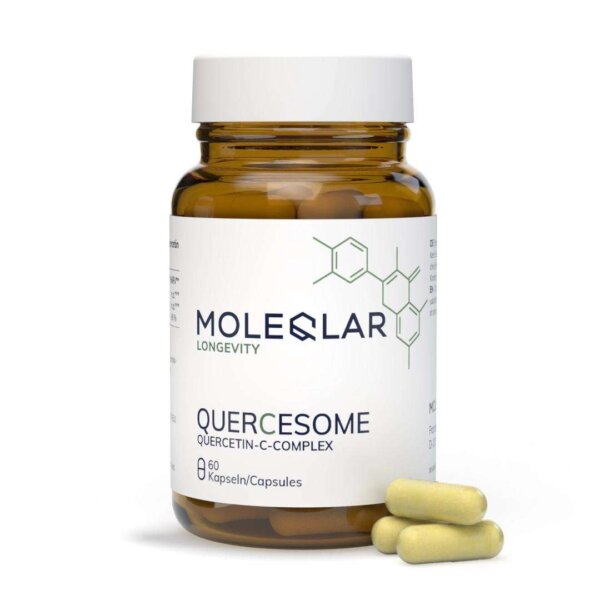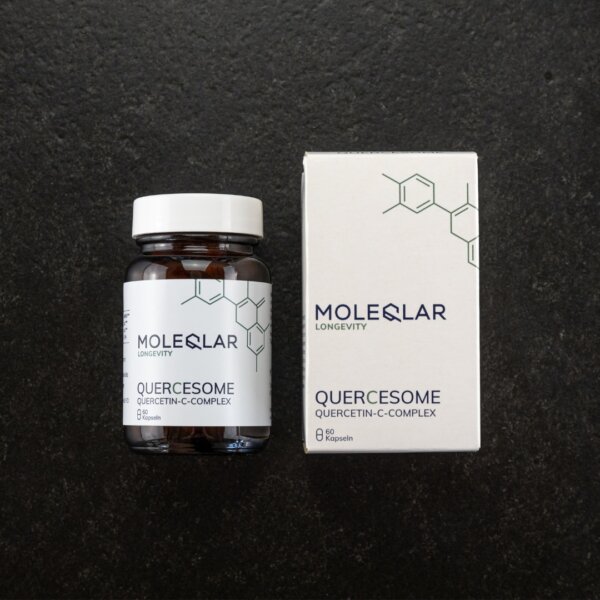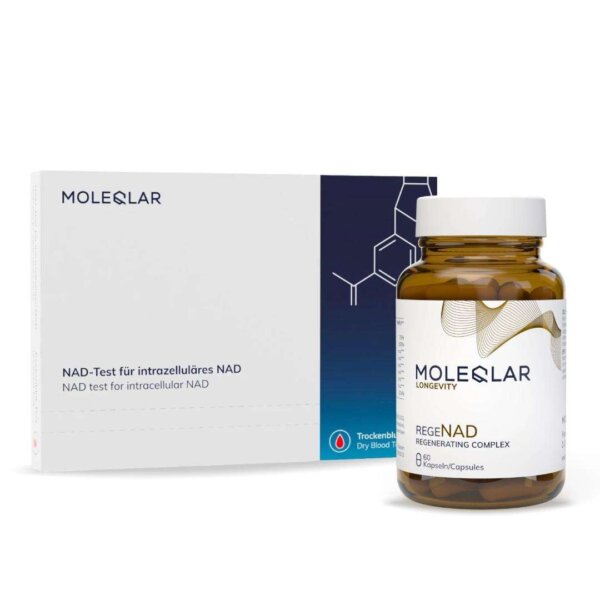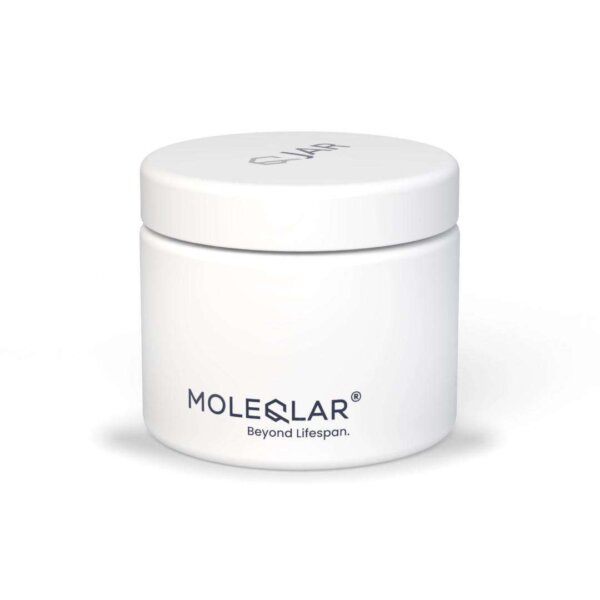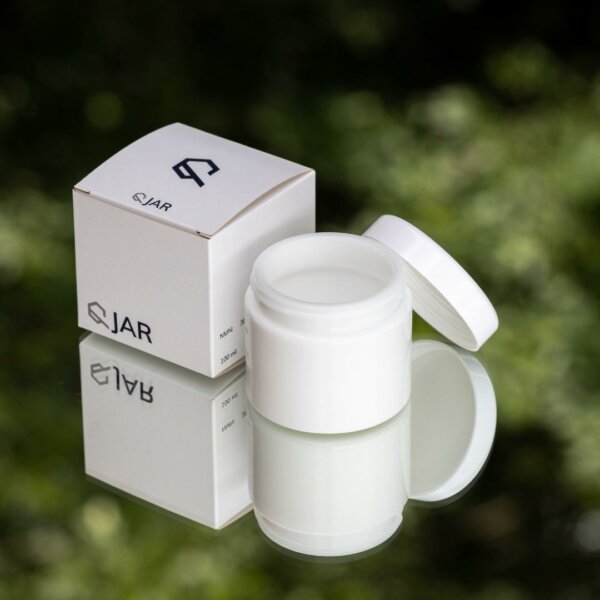What is alpha lipoic acid?
Alpha lipoic acid (ALA) has come under the scrutiny of nutritionists and dermatologists, especially in recent years. It is a naturally occurring compound found in various foods and is known for its strong antioxidant properties. Of particular interest: even when applied topically (e.g. as a gel), an antioxidant effect is achieved.
It is important not to confuse alpha-lipoic acid (ALA) with alpha-linolenic acid (also abbreviated as ALA). These are two different compounds with different properties and functions. Alpha-lipoic acid is involved in energy metabolism and has been studied for its potential role in the treatment of various health conditions. Alpha-linolenic acid, on the other hand, is an essential omega-3 fatty acid that is also found in many dietary supplements.
Where does alpha lipoic acid occur?
Alpha lipoic acid is found in certain foods, such as:
- Spinach (3.14 μg per g dry matter)
- Broccoli (0.94 μg per g dry matter)
- Tomatoes (0.6 μg per g dry matter)
It can also be produced in small quantities by the body itself.
Did you know?
Broccoli is full of phytochemicalsthat can contribute to your health. It is not without reason that the American millionaire and longevity guru Bryan Johnson eats broccoli every day and also takes broccoli concentrates. One of the most important molecules in broccoli is sulforaphane .
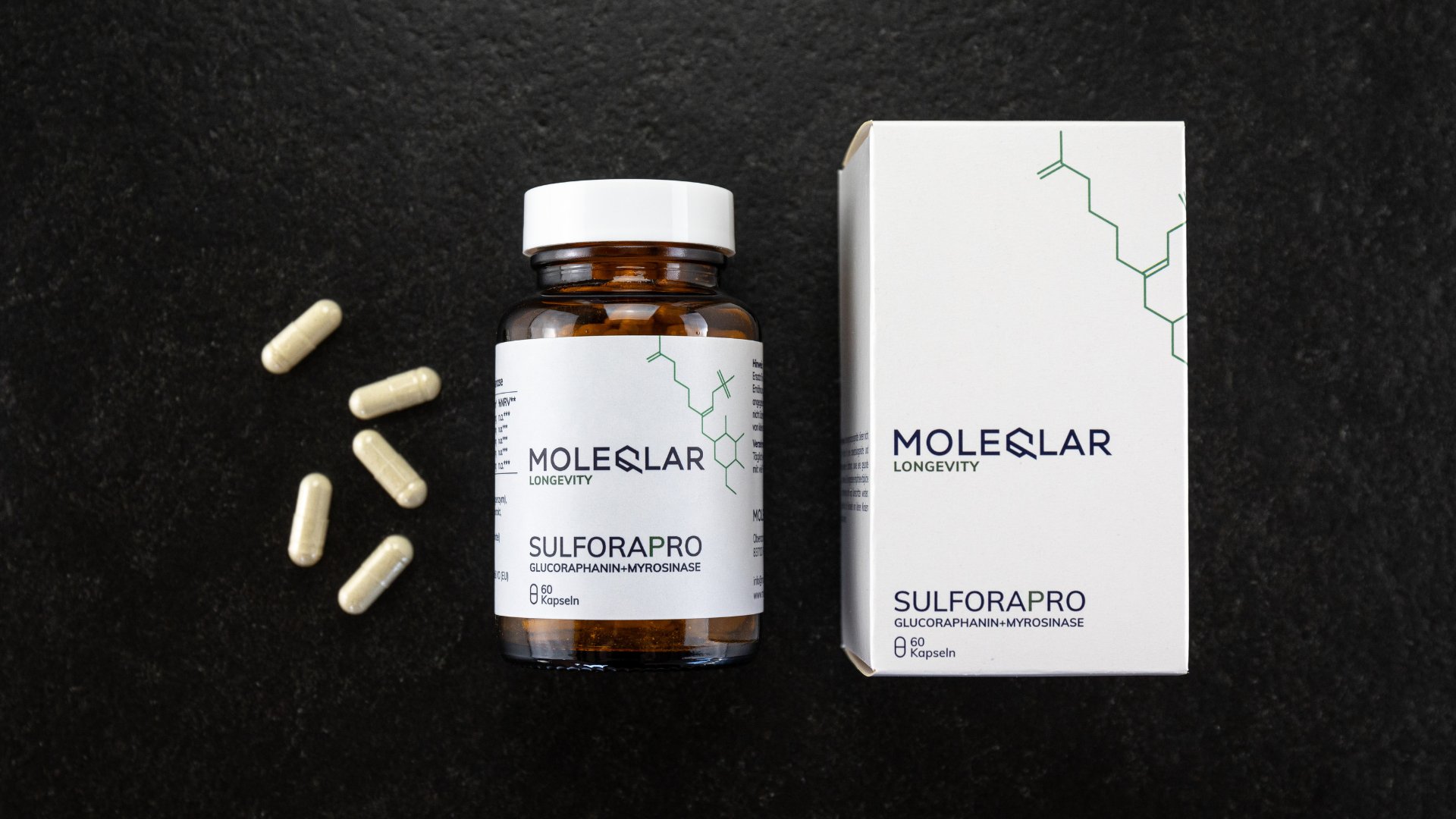
What benefits does alpha lipoic acid offer the human body?
Diabetes
Researchers have conducted a review of clinical trials investigating the use of alpha-lipoic acid in people with type 1 or type 2 diabetes and symptoms of peripheral diabetic neuropathy (diabetes-related nerve damage). The study concludes that the molecule can be considered as a treatment option for patients with peripheral diabetic neuropathy. In addition, the study found that both parenteral and oral supplementation of alpha-lipoic acid is safe for up to two years and does not affect blood glucose control.
Memory loss
A study investigated the effect of treatment with alpha-lipoic acid (ALA) on the cognitive performance of patients with Alzheimer's disease with and without diabetes mellitus. It is known that diabetes mellitus (DM) is a risk factor for Alzheimer's disease. Nevertheless, most diabetics have insulin resistance (IR), which is associated with an increased risk of Alzheimer's disease. The study involved 126 Alzheimer's patients who were divided into two groups: one with diabetes mellitus and higher insulin resistance and one without diabetes mellitus. The patients' cognitive functions were assessed using various scales and questionnaires. Insulin resistance was assessed using the HOMA index.
After the study period, the researchers found that 43% of patients in the DM group (26 subjects) and 23% of patients in group B (15 subjects) showed a significant improvement in MMSE (Mini-Mental State Examination) scores compared to baseline. However, various other values could only be improved in the DM group.
Weight loss
There are two significant meta-analyses on the subject of weight loss. Both publications analyzed 12 studies. The first analysis found that people taking an alpha-lipoic acid supplement lost an average of 0.69 kg more weight than the placebo group over a period of around 14 weeks. The second analysis looked at studies with a longer treatment period and found that the experimental group lost about 1.27 kg more weight than the placebo group after 23 weeks.
Skin aging with topical application
A study on mice found that alpha-lipoic acid is deposited in the inner layers of the skin and provides antioxidant protection against the sun's harmful UV rays.
The aim of this study was to evaluate the potential of using a gel containing lipoic acid for the treatment of photodamaged skin. The results showed a significant reduction in facial wrinkles, the elimination of fine lines and an improvement in skin color and texture . All without any noticeable undesirable side effects.
Did you know?
Skin ageing is a complex interplay of several factors. On the one hand, we lose more and more collagen as we age, whether due to metabolic changes or UV rays. collagen. This molecule forms the basic structure of our skin. Similarly, our skin has less and less hyaluronic acid, which is extremely important for moisturizing and reducing wrinkles.
Alpha Lipoic Acid & Longevity
In terms of longevity, alpha-lipoic acid's antioxidant properties could help protect cells from damage caused by oxidative stress, which is associated with the ageing process. It is found in the mitochondria, intracellular fluid and phospholipid membranes of cells, where it could help maintain cellular health and function.
Literature
- https://pubmed.ncbi.nlm.nih.gov/34553434/
- https://pubmed.ncbi.nlm.nih.gov/23293044/
- https://www.ncbi.nlm.nih.gov/pmc/articles/PMC6723188/
- https://www.ncbi.nlm.nih.gov/pubmed/17272797
- https://pubmed.ncbi.nlm.nih.gov/26316990/
- https://www.ncbi.nlm.nih.gov/pubmed/28629898
- https://www.ncbi.nlm.nih.gov/pubmed/28295905
- https://pubmed.ncbi.nlm.nih.gov/8759036/
- https://www.ncbi.nlm.nih.gov/pubmed/24056055
- https://www.mdpi.com/2076-3921/9/10/1011
